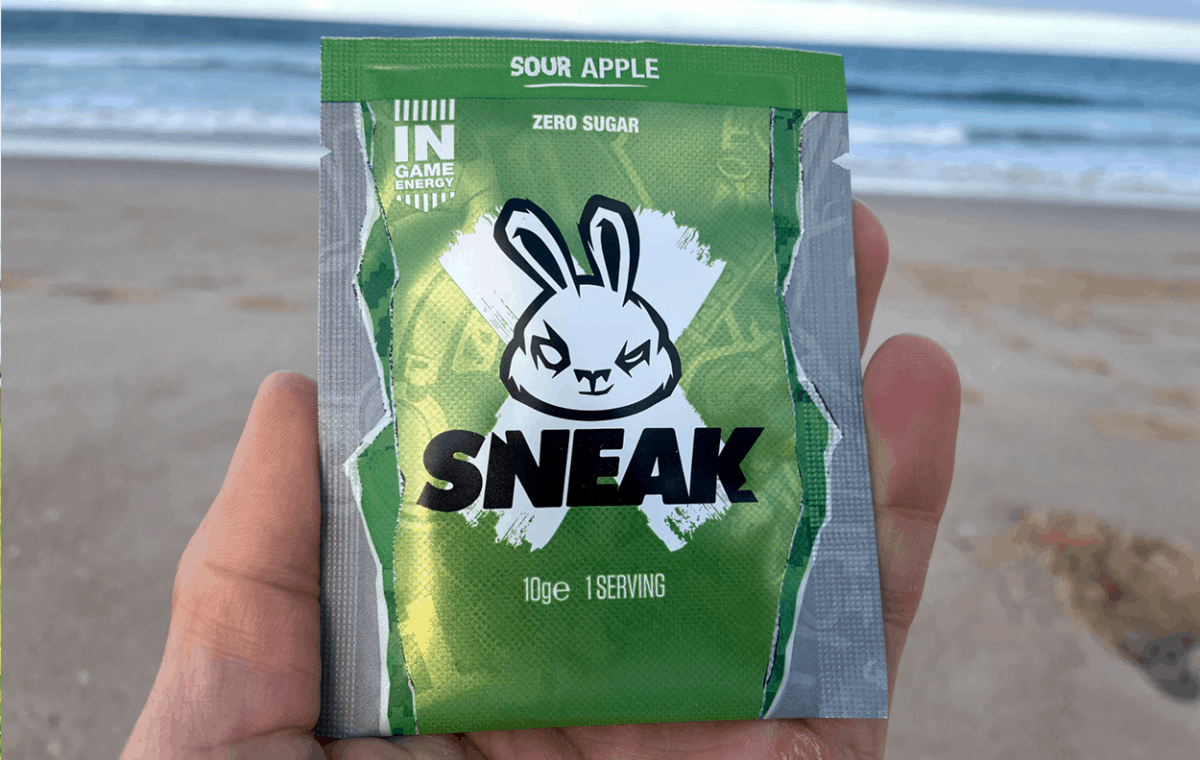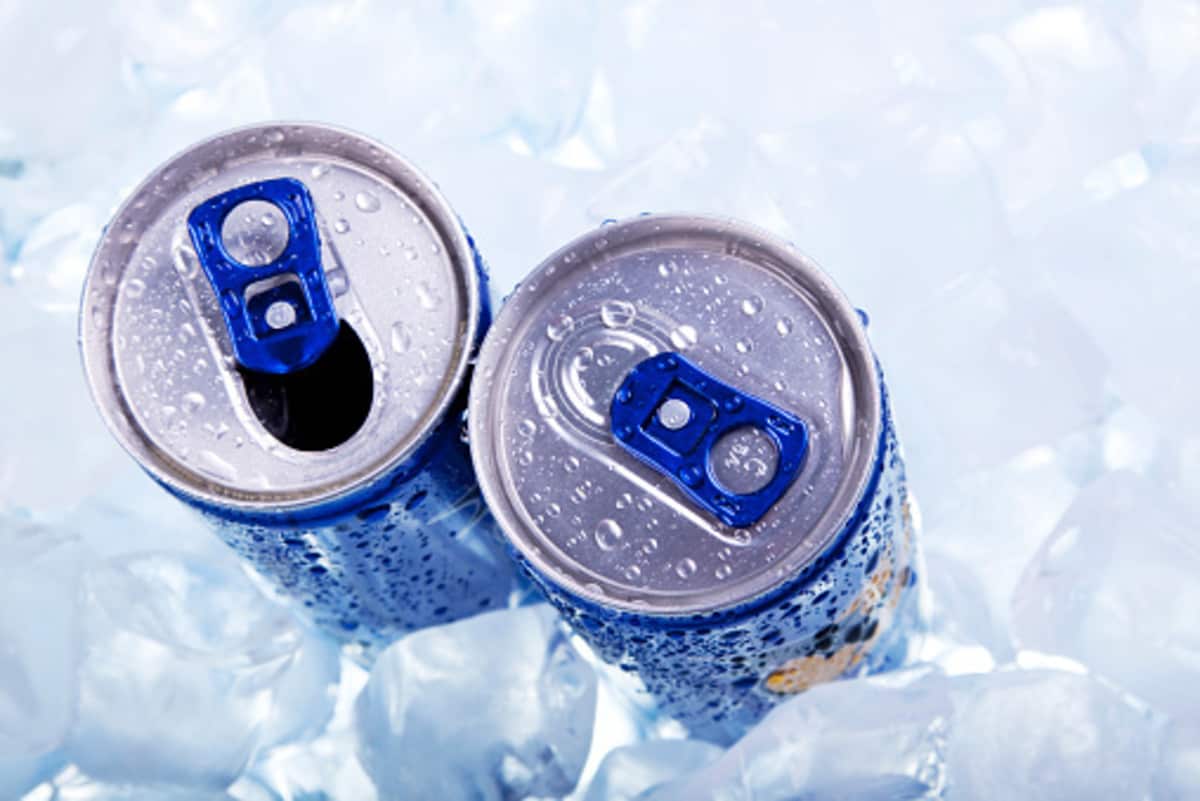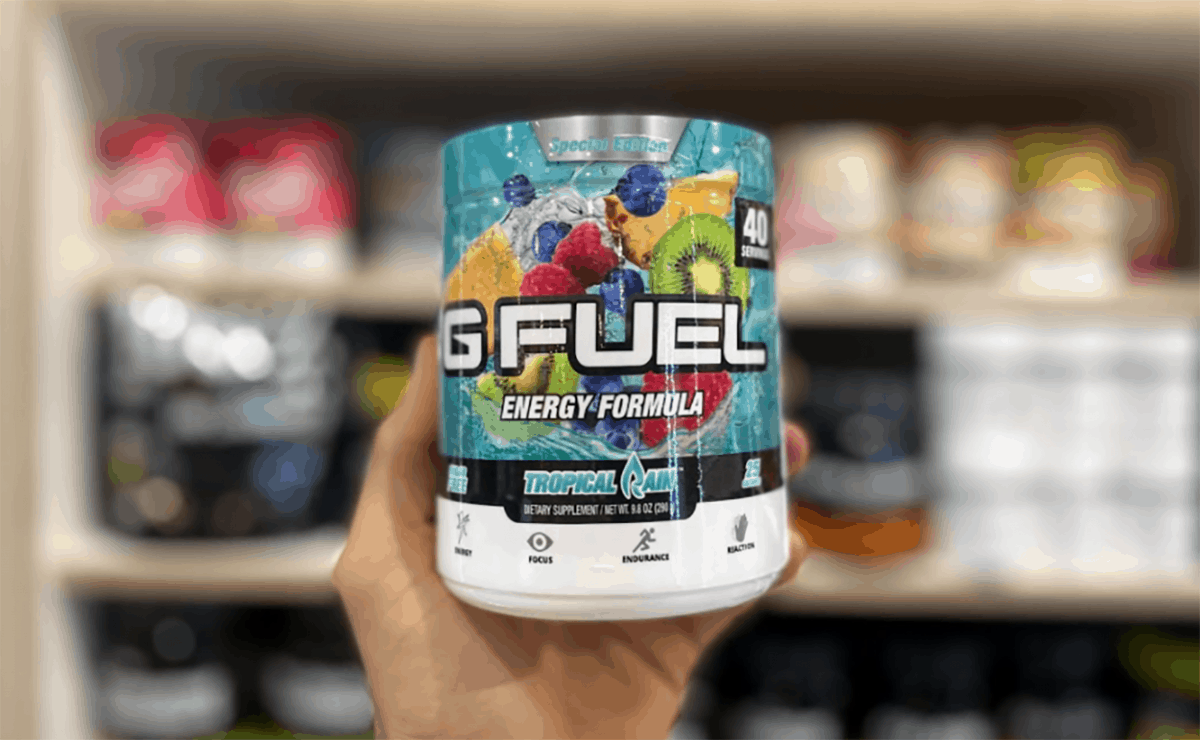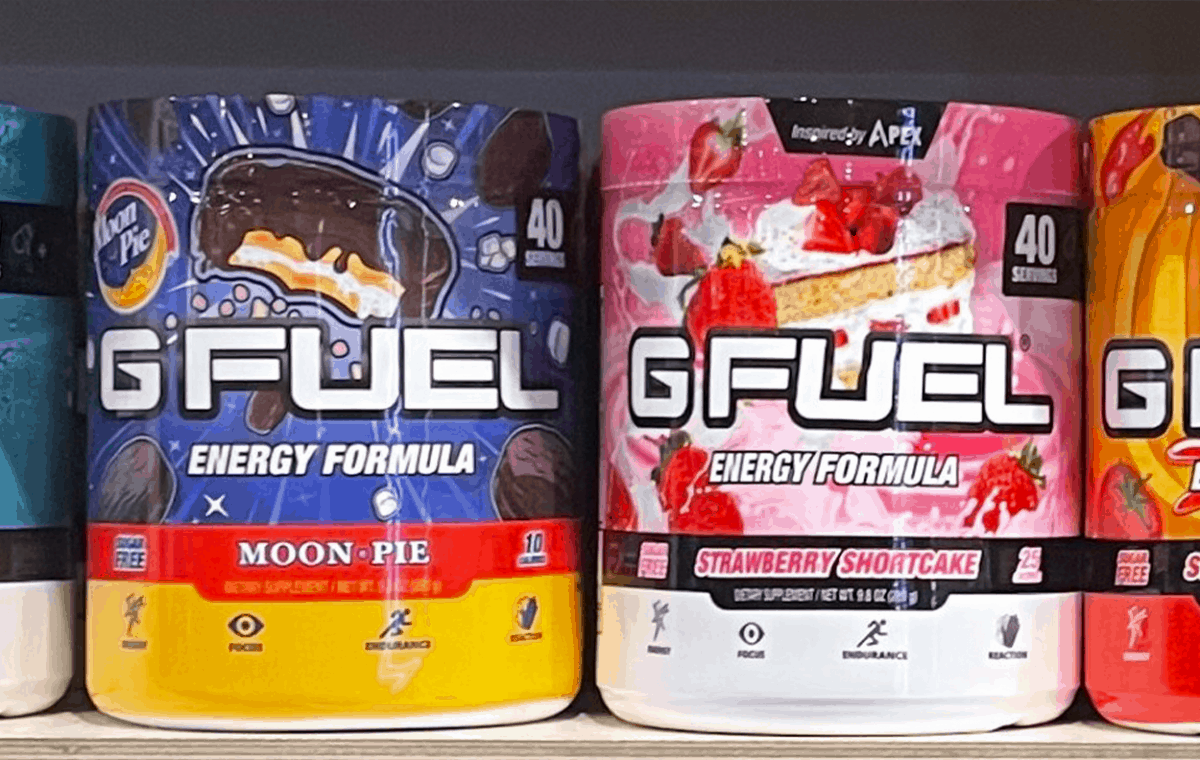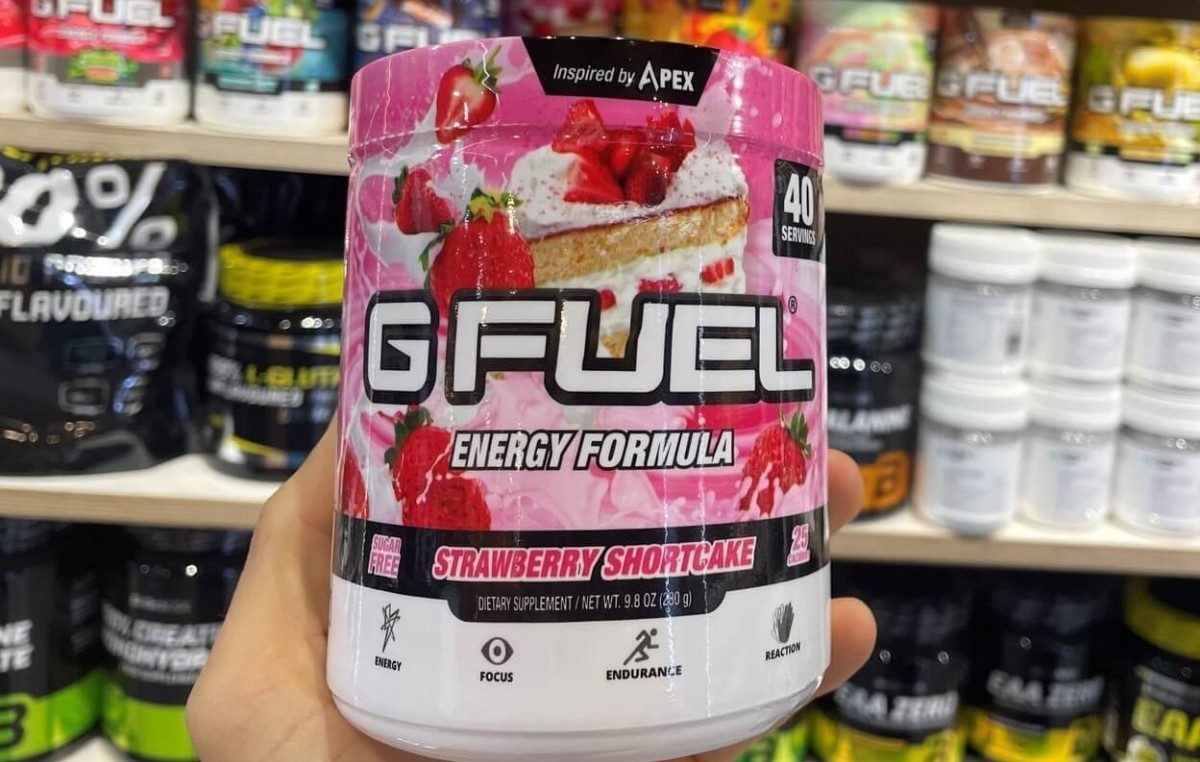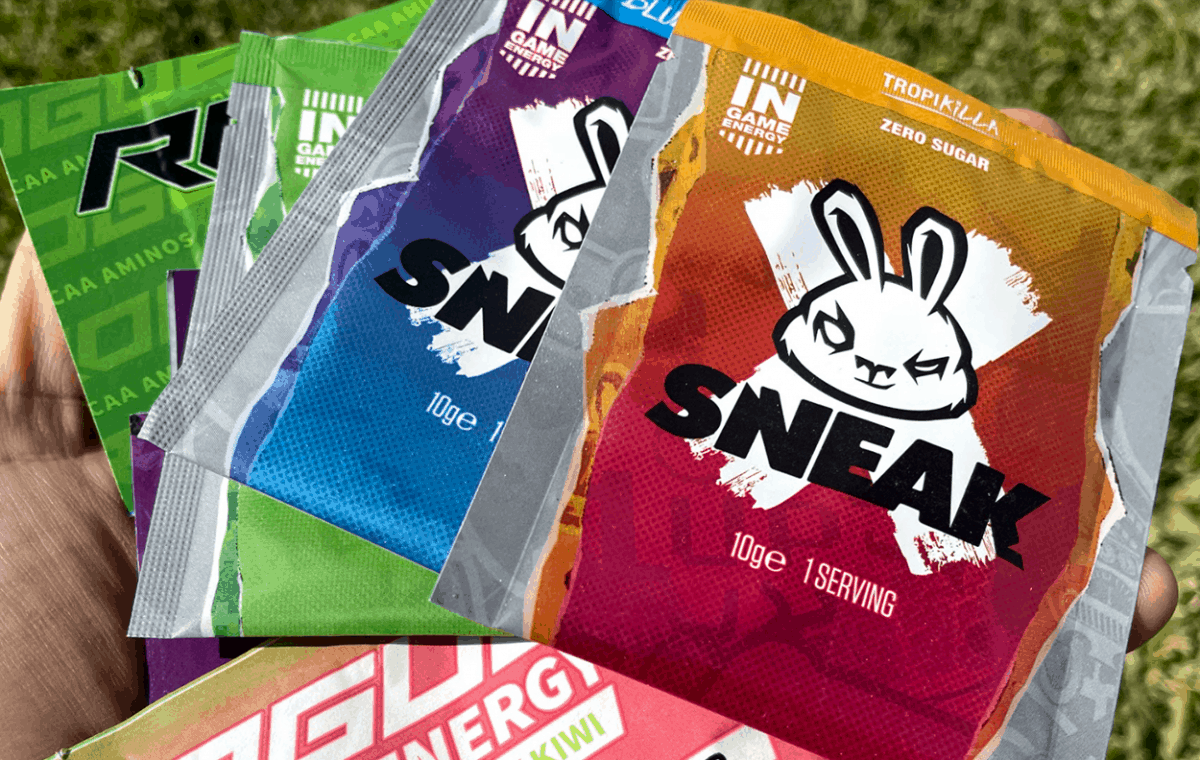
Do Energy Drinks Make You Constipated? (Facts)
Millions of people regularly consume energy drinks, one of the most well-liked beverages. They are designed to provide you with a boost of energy anytime you need them.
The two compounds that are most typically present in energy powder drinks are vitamins and caffeine. They appear beautiful and healthy as a result, yet this is untrue.
Young people who take energy drink powders may have adverse effects of headaches, insomnia, lethargy, irritability, stomach issues, and hyperactivity.
Caffeine raises the chance of a performance reaction, and energy powder drinks undoubtedly contain it. They also have a key impact on your physical performance.
Depending on your sensitivity to caffeine, even one of those flashy energy drinks could make you anxious, have a racing heart, can dehydrate you, and upset your stomach, which leads to constipation and inhibit your appetite.
To know more about what effects caffeine consumption and other energy drink ingredients have on your health. Read till the end as I’ll be going through all of it below.
Contents
What Is Constipation?
Constipation is a condition where the bowel moves infrequently and sometimes becomes painful. Constipation is described as the inability to pass more than three times per week in little volumes of a firm, dry stool during bowel motions.
Too much water is absorbed when the feces pass through the colon too slowly due to the colon’s slow or sluggish muscle contractions. These are a few of the most typical causes of constipation below:
- Medications
- Lack of Exercise
- Dehydration
- IBS (Irritable Bowel Syndrome)
- Unhealthy Diet
One of the most typical digestive issues in the US is constipation.
According to Trusted Source, about 16 out of every 100 adults in the United States experience constipation. Adults older than 60 see a doubling of this number.
Constipation symptoms include bloating, uncomfortable bowel movements, stomach pains, fever, and weariness. If you have experienced two or more of these symptoms over the past three months, your constipation may be considered chronic.
Ingredients In An Energy Drink Causing Constipation
The main ingredients of energy powdered drinks are caffeine, taurine, carbs, antioxidants, B vitamins, guarana, glucuronolactone, ginseng, l-carnitine, ginkgo Biloba, and trace minerals.
Caffeine
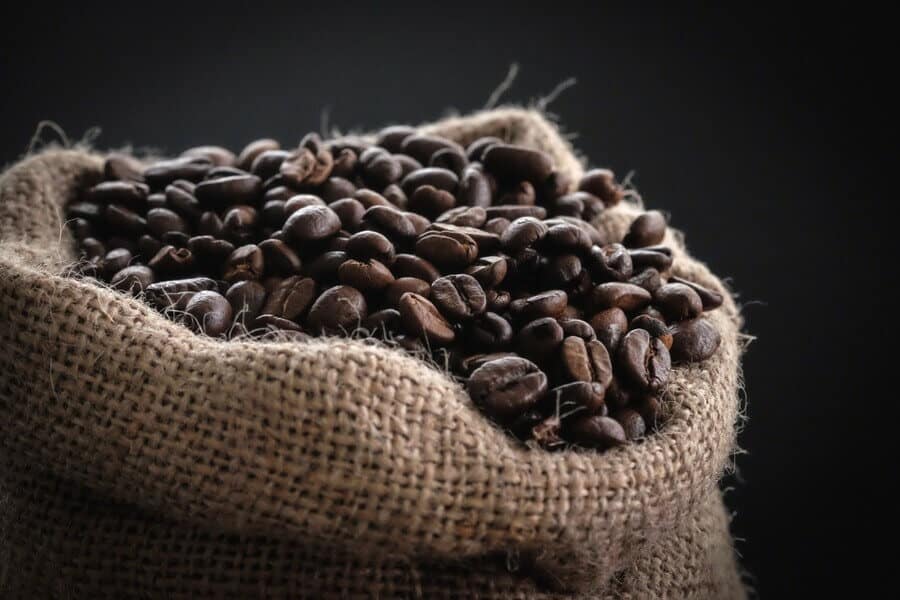
One of the key ingredients in energy drinks, caffeine, helps people stay alert and perform better physically and cognitively.
However, your caffeine metabolism and sensitivity will decide how much caffeine you consume from energy drinks.
This study suggests a daily caffeine limit of 400 mg for healthy persons. If you go beyond that, you run the danger of suffering from undesirable effects like:
- Dizziness
- Insomnia
- Rapid Breathing
- Sweating
- Headaches
Caffeine can increase bowel movements or, in excess, cause diarrhea. Therefore its role in these circumstances is unclear. If a person is dehydrated, the caffeine in coffee, colas, black tea, and chocolate can worsen constipation.
Sugar

Another common element in energy drinks is sugar, which contributes to the lovely and sweet flavor that so many people love.
Sugar is the primary sweetener used in energy drinks. Compared to cola drinks, which have 39 grams of sugar per 12-ounce serving, certain energy drinks have 41 grams.
The American Heart Association (AHA) recommends a more tough added-sugar limit of no more than 100 calories or six teaspoons (24 grams) per day for the majority of adult women. No more than 150 calories or 36 grams (nine teaspoons) per day for the majority of adult men.
If you don’t consume enough high-fiber foods, such as fruits and vegetables, it is more likely you may experience constipation. Constipation can also result from consuming much high-fat meat, dairy products, eggs, decadent desserts, and sugary sweets.
Other health issues that can result from a high-sugar diet include:
- Cardiovascular diseases
- Diabetes
- Weight gain
- High blood pressure
- Aging skin
Amino Acids
Your body contains chemicals called amino acids that are important for digestion and intestinal absorption.
The primary function of an amino acid is to provide the body with enough protein. The following amino acids are frequently found in energy drinks:
| Taurine | Lowers the risk of heart disease, manages blood sugar, helps the CNS function, and controls immunological function. |
| Glycine | Aids type II diabetes improves sleep quality and protects the heart |
| Choline | Lowers high blood pressure, eases anxiety, enhances memory, and improves gene expression |
| L-Tyrosine | Increases neuronal connectivity produces proteins, enhances memory and thought processes, and maintains attention. |
| L–Carnitine | Helps muscles move, improves heart and brain function, reduces lactic acid buildup, and converts fat into energy. |
Although the amino acids in energy drinks may be helpful for diseases like cancer and inflammatory bowel disease, taking them in excess can negatively affect your bowels.
Low, advised amounts are unlikely to result in issues, but excessive quantities of some amino acids may have gastrointestinal adverse effects, such as constipation.
Vitamins

Minerals and vitamins from the B complex, which are suitable for one’s health and well-being, are also present in energy drinks.
Energy drinks frequently contain the minerals sodium, magnesium, and calcium, which work as electrolytes to keep the body’s processes running correctly after you sweat.
B vitamins are essential for several body processes, including developing new red blood cells and preventing infections.
A 2019 study found that calcium C can lead to bloating and constipation. Too much calcium in an energy drink can also cause bloating and gas. To demonstrate the real impact, more research is unquestionably required.
Your stomach may react differently to various forms of iron. One review found that compared to other forms of iron, ferrous sulfate, ferrous fumarate, and ferrous gluconate are more frequently linked to gastrointestinal (GI) problems.
Do Energy Drinks Make You Constipated?
Yes, energy drinks can make you constipated if you consume them excessively.
If you don’t limit your intake, the ingredients in energy drinks, rather than the beverages themselves, may cause stomach issues.
As was previously mentioned, the caffeine in energy drinks may accelerate the creation of stomach acid, resulting in discomfort in the stomach, intestines, and heartburn.
The caffeine in energy drinks may also overpower your digestive system if you consume more than your body can tolerate. Many energy drinks used in one day may result in heart palpitations, sleeplessness, and insomnia.
In addition to caffeine, energy drinks often include several additional ingredients that may cause gastrointestinal discomfort.
In particularly vulnerable people, ingredients in energy drinks like guarana, sugar, and l-carnitine may cause vomiting and stomach pain.
As a result, avoid energy drinks and go for something better for your stomach if you are aware that you are sensitive to their ingredients.
Are They Any Laxatives?
No, energy drinks don’t have any laxative effect. However, they can induce some people to go to the bathroom to relieve themselves.
Caffeine is used as a laxative if taken in excess. Taking 400 milligrams of caffeine is safe and it doesn’t have any side effects. Caffeine energy drinks don’t cause problems. If you are having a problem going to the bathroom, then you are sensitive to energy drinks.
As long as you are drinking caffeinated beverages, it is fine. If you feel some problem after drinking, then you must stop consuming energy drinks.
Do Energy Drinks Upset Your Stomach?
Yes, energy drinks can upset your stomach if they are consumed excessively.
Because they include caffeine, energy drinks have historically been linked to heartburn, indigestion, and stomach discomfort.
Gastritis can manifest in those who do not experience these adverse effects, such as nausea and stomach pain.
Energy drinks also include a lot of caffeine, which, if eaten excessively, can be too much for your digestive system to handle. Palpitations and sleeplessness are potential side effects of using energy drinks in excess.
Some people may experience nausea and stomach discomfort after consuming energy beverages that contain guarana and L-carnitine.
How To Treat Constipation?

Dietary and lifestyle modifications can alleviate constipation, by reducing symptoms and assisting in its prevention. After dietary and lifestyle changes have proven ineffective, laxatives may be recommended.
A diet containing 20 to 35 grams of fiber per day aids in producing soft, bulky feces. While increasing fiber in the diet is made more accessible by including foods like beans, whole grains, bran cereals, fresh fruits, and vegetables.
The treatment for chronic constipation brought on by anorectal dysfunction is biofeedback. This procedure retrains the muscles that control bowel movement release.
Do not wait to relieve yourself of the need to urinate. Your stool may get more challenging the longer you wait. To get your body habituated to passing feces every 15 to 45 minutes, inquire with your doctor about bowel training.
Best Energy Drinks That Doesn’t Cause Constipation
Celsius
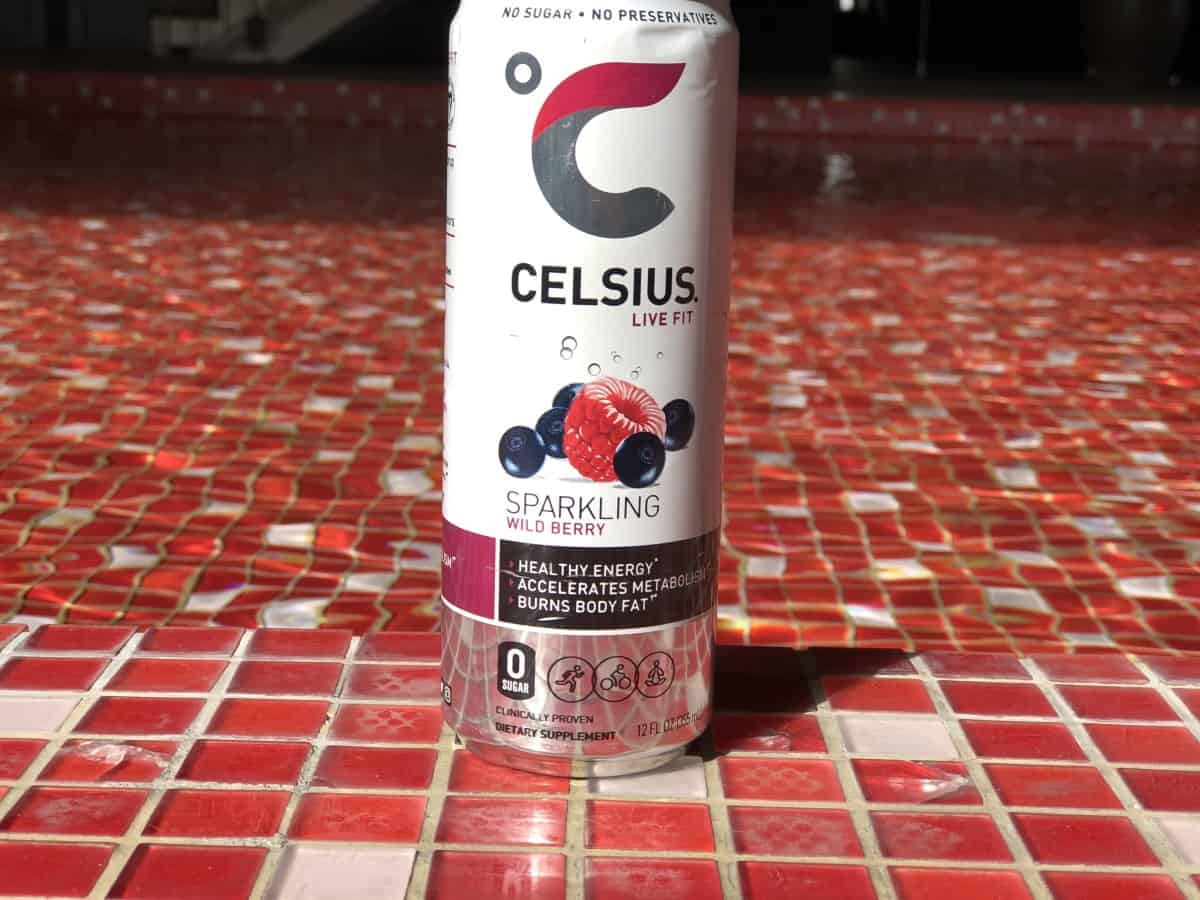
The “exercise drinks” from Celsius contain beneficial nutrients for the body, including green tea, calcium, and vitamin C.
Not to add, Celsius is free of undesirable ingredients like sugar and synthetic colorings. Half of the daily dose of caffeine—200 mg—is present in a single can of Celsius energy.
Therefore, consuming more than two Celsius cans each day is not advisable. Additionally, essential components like B vitamins, which aid in offering your extra body energy, are included in Celsius energy.
Runa Clean Energy
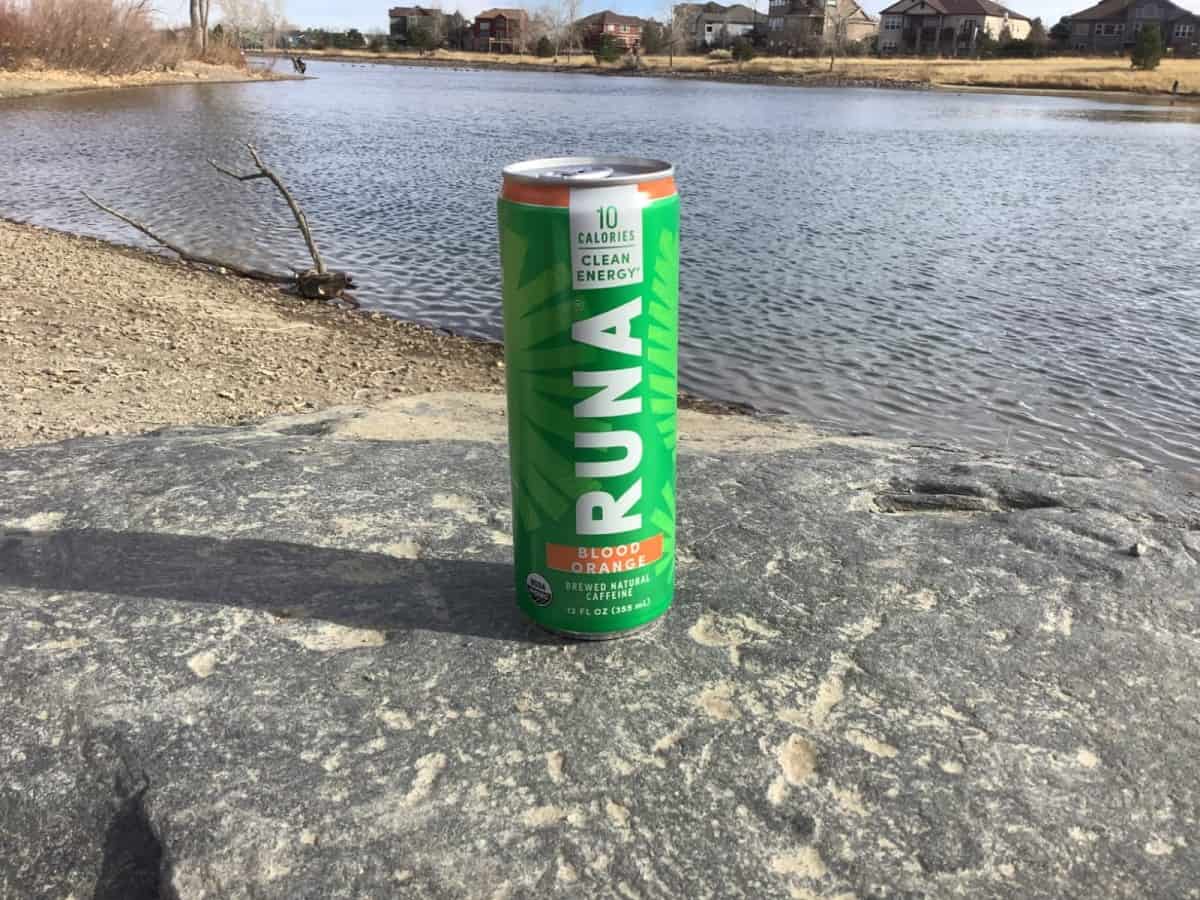
An energy beverage called Runa clean energy only uses guayusa.
The 120mg of caffeine in a single can of Runa Clean Energy is plenty to offer you an energy boost without the drawbacks of too much caffeine.
Like Celsius, Runa clean energy contains sugar, but only in trace amounts that do not truly endanger your health.
Runa Clean Energy is one of the most reasonably priced energy drinks, costing $1.50 for an 8.4 fl. oz. Can. You’ll likely find the most organic energy drink, Runa Clean energy, which is not just reasonably priced.
Conclusion
- In general, energy drinks don’t cause constipation. On the other hand, consuming too much of them can cause diarrhea. All energy drinks contain caffeine, but that isn’t the only factor contributing to their stomach-unsettling effects.
- They typically contain high concentrations of vitamins and minerals, which, if not taken properly, can upset the stomach. You can make up for it by drinking energy drinks within reason.
- If you don’t think you can handle it, don’t drink the entire can.
